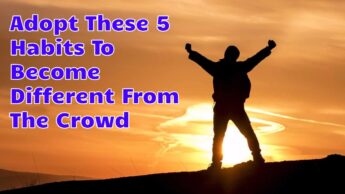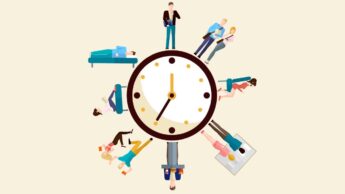The phrase “You don’t know what your best is, so don’t claim to have done it” illustrates an essential truth about the human experience. We need to know our full potential because our abilities are constantly growing and adjusting to our surroundings, experiences, and the obstacles we confront. We can establish objectives for ourselves and work towards them, but “doing our best” is relative and subjective.
It’s also worth noting that our self-imposed restrictions, prejudices, and biases may influence our perspective of our best looks. We may undervalue our abilities or be overly critical of ourselves, leading us to believe that we haven’t attained our full potential when, in fact, we have. Alternatively, we may overestimate our talents and assume we have done our best when, in fact, we have yet even to come close.
Another thing to consider is that “doing our best” varies depending on the circumstance. Our best effort in one setting may be insufficient in another. For example, a student may believe they have done their best on an exam, but if they fail, it may indicate that they need to change their strategy or put in more effort.
Claiming to have done our best is only sometimes accurate because our subjective experiences and views limit the hold of our capabilities. Therefore, it is critical to keep working for our goals and pushing ourselves to better while also realizing that there may always be an opportunity for growth and improvement.





